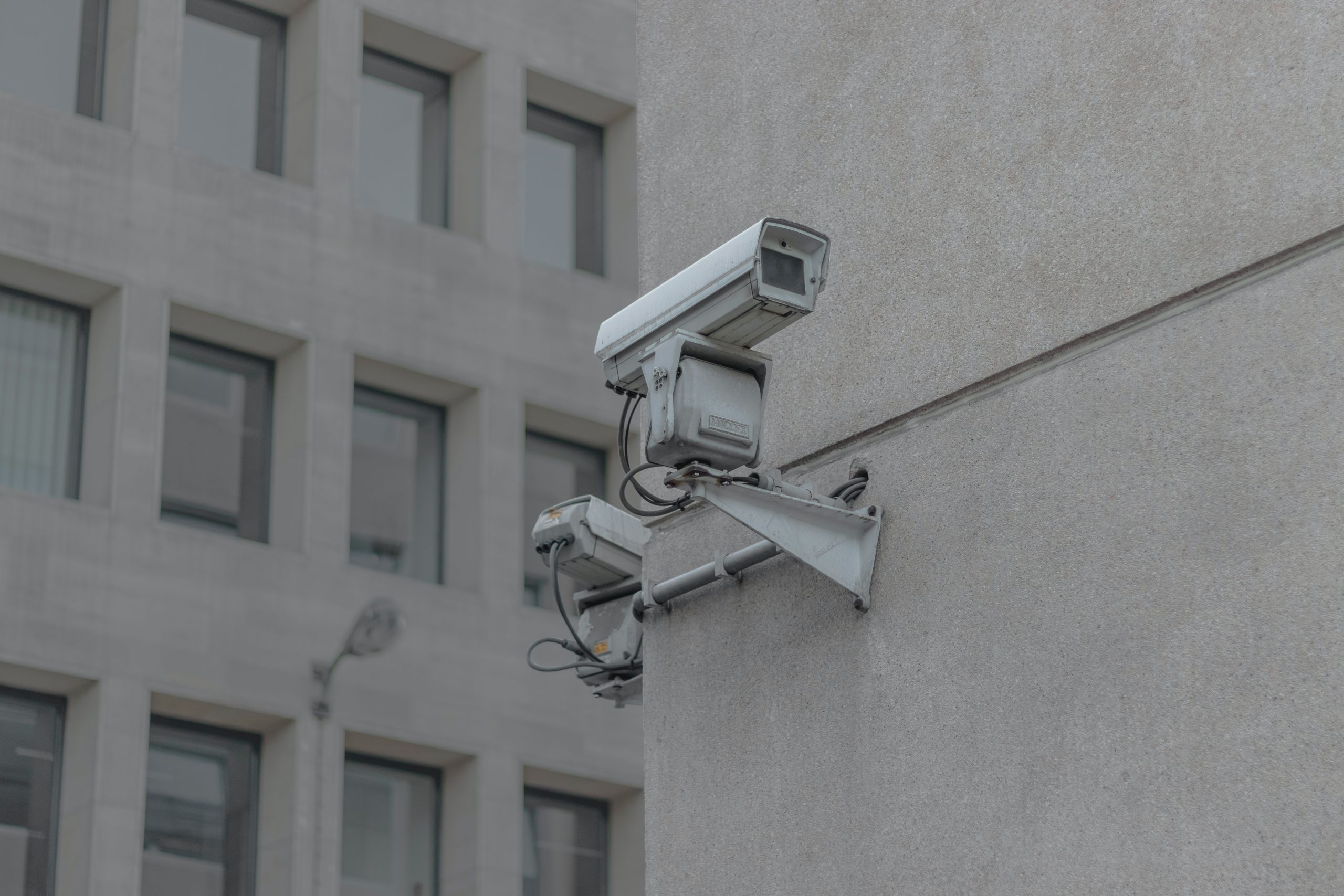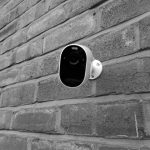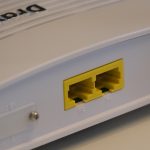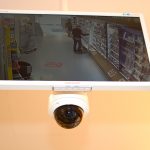Table of Contents
- Introduction to Wired CCTV Security System
- The Benefits of a Wired CCTV Security System
- How to Choose the Right One for Your Home
- Installation Tips for a Successful Setup
- Why Wireless Cameras Aren’t Always the Best Option
- Monitoring Your Home with a Wired CCTV Security System
- Conclusion
- Frequently Asked Questions
Introduction to Wired CCTV Security System
If you’re considering upgrading your home security, you may be wondering about the options available to you. While wireless security cameras have become increasingly popular in recent years, a wired CCTV security system can offer a number of benefits that make it a worthwhile investment.
In this blog post, we’ll explore the benefits of a wired CCTV system, how to choose the right one for your home, and tips for a successful installation. Whether you’re a homeowner looking to increase your security or a business owner seeking to protect your property, this post will provide you with all the information you need to make an informed decision.
The Benefits of a Wired CCTV Security System
Homeowners who wish to protect their property, belongings, and family members can benefit greatly by using a wired CCTV security system. These systems offer reliable protection that is difficult to compromise by intruders.
A wire-based closed-circuit television system works by connecting multiple cameras to a single monitor, allowing users to observe different areas of the property at once. Wired CCTV systems also provide superior video quality for improved visibility and greater photographic accuracy in case of an incident.
Furthermore, these security systems are more durable than their wireless counterparts, meaning they can withstand exposure to extreme weather conditions without compromising performance or data integrity while also eliminating any need to replace a lost or stolen receiver.
Whether used to deter potential criminals or gather evidence in the event of an intrusion, there’s no denying that having a reliable wiring-based surveillance system can bring invaluable peace of mind and help improve overall home security.
How to Choose the Right One for Your Home
When it comes to protecting your home and everything inside, a CCTV security system is one of the best investments you can make. However, with so many different types on the market, it can be difficult to know which one to choose. If you want flexibility in terms of installation and ease of use, then a wired CCTV security system is your best bet.
The first step is to decide on the type of camera you need – from standard video surveillance cameras to sophisticated infrared night vision models. You will also want to factor in where in your home the cameras should go – for optimal coverage consider installing motion sensor-enabled cameras both indoors and outdoors.
For video transmission, opt for a high-speed Ethernet cable connection as this will provide you with faster response times and better quality images even if there is interference from other electronic devices. When choosing a hard drive storage capacity, consider how long you want recordings to be stored before they get automatically overwritten.
Finally, make sure that the system you choose comes with easy-to-use software that will allow you to quickly and easily access recordings on your computer or mobile device.
With a wired CCTV security system, you can rest assured knowing that your home is secure day and night. With the right setup, these systems can provide exceptional coverage for you and your family while also offering the peace of mind that comes with knowing that your property is always monitored.
Installation Tips for a Successful Setup
Installing a wired CCTV security system can be a daunting task, so it’s important to take all the necessary steps for a successful setup. Where wiring is concerned, it’s always important to start with the power source.
Position the adapter in a secure location where it cannot be tampered with and make sure to keep it away from moisture. Then continue running cables from the adapter along walls or behind doorframes until you reach the cameras sites.
Securely anchor each camera in a place that offers ample coverage of the desired area as well as some resistance against vandalism. Connect each camera cable to its dedicated AC/DC connector, followed by attaching that connector’s terminals to the power source, either directly or through a junction box depending on the installation type.
Finally, test your system carefully before permanently mounting any parts of your setup – this way you’ll ensure maximum effectiveness and reliability of your CCTV system over time. By following these tips while setting up your wired security system, you can rest assured that you have done everything possible for optimal performance and safety.
Why Wireless Cameras Aren’t Always the Best Option
Wireless security cameras are an increasingly popular choice for residential and business security systems. Seemingly, these devices have many advantages, such as eliminating the need for unsightly wiring with easy setup and integration with other home automation technologies.
However, for a variety of reasons, wireless cameras should be used conservatively and only in applications where they can be supported properly.
One problem that can arise with wireless cameras is inconsistent data speeds at different locations within the network due to interference from similar products in close proximity like routers or microwaves. This lack of reliable bandwidth can impact image quality and frame rate, resulting in a poor viewing experience.
Another issue is the risk of signal distortion if walls or large objects are blocking the camera’s reception range because the video may become dropped at times leading to gaps in recorded footage where intruders could escape detection. Furthermore, depending on the model chosen, a battery will eventually need replacing which could incur extra costs and maintenance tasks.
While wireless security cameras may appear convenient from an aesthetics standpoint or provide unique features like night vision capabilities or motion-triggered recordings, the risks associated with signal dropouts or distortion should always be taken into consideration before investing in a full system of such devices.
Monitoring Your Home with a Wired CCTV Security System
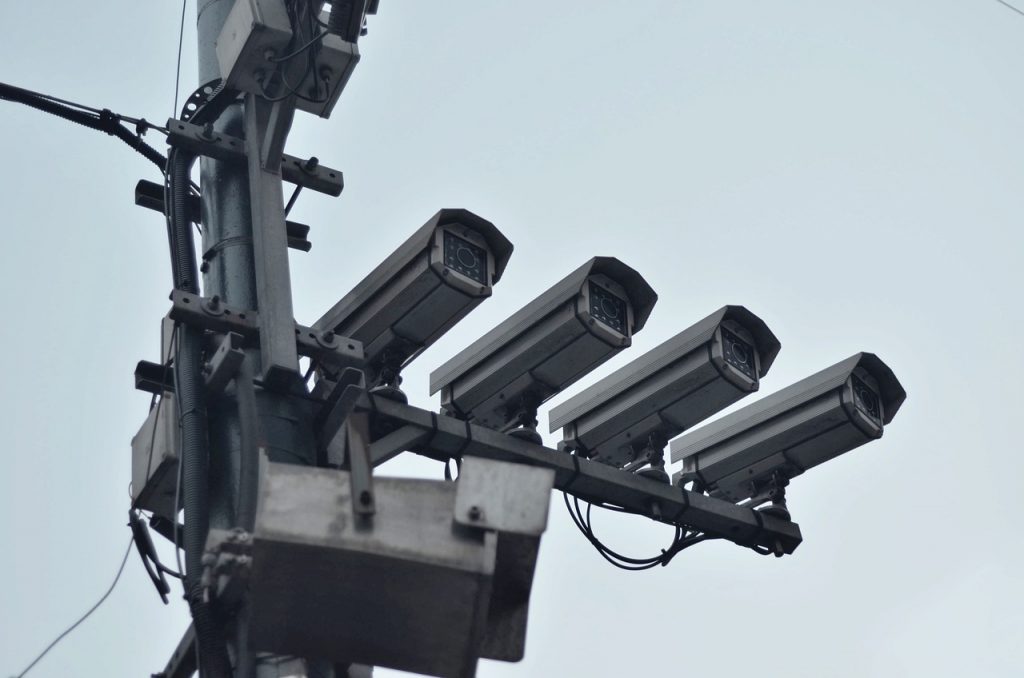
With the increasing demand for home security, investing in a wired CCTV security system is one measure that can give homeowners peace of mind. While wireless systems provide convenience and flexibility, wired systems offer superior stability and protection.
A wired CCTV system is made up of several components including cameras, a monitor, and a digital recording device or DVR. All these components are connected to one another using cables, wiring them together into an integrated system.
The camera captures live images which are then converted into signals that travel down the cable to the display unit. Images recorded on the DVR remain stored until they are erased or copied onto some other media device such as a satellite hard drive.
With its superior stability, superior image quality, and setup options, a wired CCTV security system provides comprehensive coverage to your home while providing you with real-time monitoring and viewing options that can be tailored according to your preferences.
Conclusion
In conclusion, a wired CCTV security system can be a great investment for your home. It offers numerous benefits, including clear and reliable footage.
Proper installation is also key to ensuring the success of your system. While wireless cameras may seem convenient, they may not always be the best option due to potential interference and connectivity issues.
By using a wired CCTV security system, you can rest assured that your home is protected and monitored at all times.
Frequently Asked Questions
A CCTV security system is a type of surveillance system generally used to monitor public spaces and the activities of people within these areas. It utilizes cameras connected to recording devices, allowing for live or recorded monitoring of various locations.
CCTV systems are an effective tool for deterring crime, as well as identifying potential perpetrators.
A CCTV security system typically consists of cameras that are connected to recording equipment and a monitor. The camera captures images or video footage which is then recorded on to the designated recording device such as a digital video recorder (DVR) or an NVR(Network Video Recorder).
The primary purpose of installing a CCTV security system is to deter and detect criminal activity. The footage captured by the cameras can also be used as evidence in court cases or to support insurance claims.
When installing a CCTV security system, it’s important to make sure that the cameras are positioned in the best locations for optimal coverage. You should also ensure that all wiring is securely connected and that any monitoring equipment is connected to a power source.
Once your system is installed, you should regularly check and maintain it to ensure it remains in good working order.
Once your system is installed, you can use it to monitor public spaces for suspicious activity. You should check the footage regularly and take action if any criminal activities are identified.
If an incident does occur, you can use the footage from the CCTV system as evidence when reporting it to the police or other relevant authorities.
When using a CCTV security system, it’s important to ensure that all equipment is kept up-to-date and in good working order. You should also regularly check the footage to determine if any suspicious activity has been captured.
When using a CCTV security system, it is important to keep an eye out for any signs of malfunction. If you notice any issues with your system, such as poor-quality video or audio, you should check all cabling and connections to make sure that everything is securely connected and functioning correctly.

